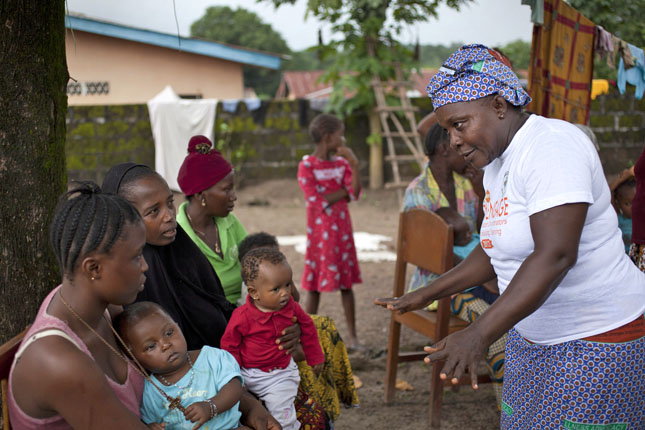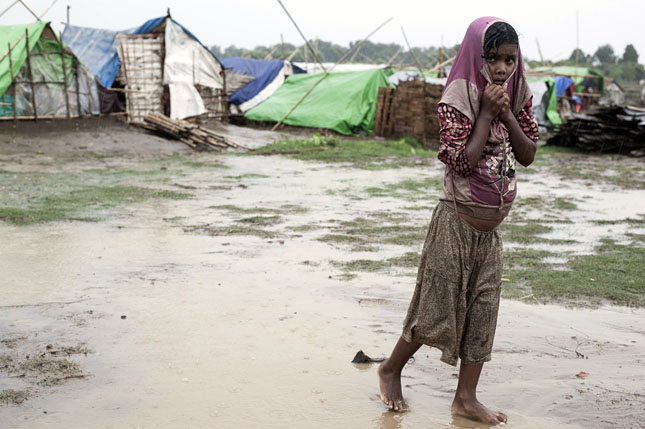-
Forest Guardians and Discount Clinics: Rethinking How to Save the Environment in Kalimantan
›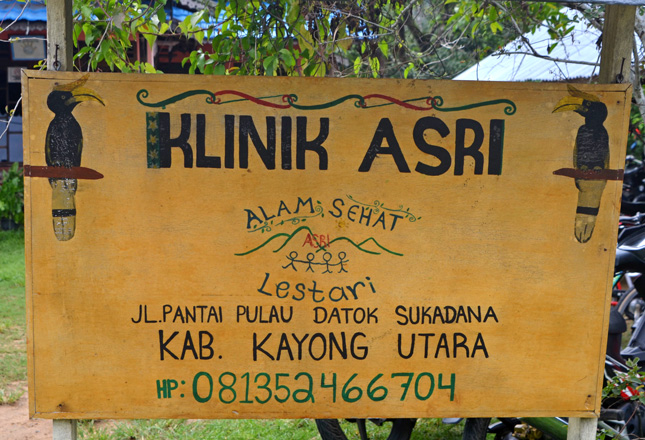
In the southwestern part of Indonesian Borneo, known as Kalimantan, there’s a small town on the outskirts of an incredibly diverse forest where the community has turned from illegal logging to stewards of the land.
-
We’re At Peak Storytelling – And That’s a Good Thing
›Everywhere you look these days, you find storytellers. I’ve found myself going to fewer concerts after work and more storytelling nights. Podcasts have sprung up dedicated to the craft of narrative. It’s a brand I hear friends use to define themselves: “I’m a storyteller.” If you’re under 30, it’s a natural and ubiquitous part of the milieu.
-
Free Lunch: The Development Argument for Taking Zika More Seriously
›
I recently returned to Washington, DC, after 10 days in India. New Delhi was warm, moist, crowded – and buzzing with mosquitoes. Fortunately, at least for now, their bites are little more than an itchy nuisance, which is just as well.
-
Mariam Claeson: Quality, Not Quantity of Care for Maternal and Child Health
› “It’s not about counting how many times a mother interacts with antenatal services or comes to the facility,” says Dr. Mariam Claeson, the director of maternal newborn and child health at the Bill and Melinda Gates Foundation, in this week’s podcast. “But it’s what happens in these encounters that matters.”
“It’s not about counting how many times a mother interacts with antenatal services or comes to the facility,” says Dr. Mariam Claeson, the director of maternal newborn and child health at the Bill and Melinda Gates Foundation, in this week’s podcast. “But it’s what happens in these encounters that matters.” -
How Zika Is Shaping the Sexual and Reproductive Health and Rights Agenda
›
“The Zika outbreak is a result of something; it is the result of the lost attention to sexual and reproductive health issues as a human right and women as subjects of rights,” said Jaime Nadal Roig, the United Nations Population Fund representative to Brazil, at the Wilson Center on April 12. [Video Below]
-
Family Planning, Reproductive Health Crucial to Zika Response, Says Chloë Cooney
› “Zika has made a long-standing public health crisis impossible to ignore,” says Chloë Cooney, director of global advocacy at the Planned Parenthood Federation of America, in this week’s podcast.
“Zika has made a long-standing public health crisis impossible to ignore,” says Chloë Cooney, director of global advocacy at the Planned Parenthood Federation of America, in this week’s podcast. -
Changing the Narrative on Fertility Decline in Africa
›
Today, Africa has the world’s highest fertility rates. On average, women in sub-Saharan Africa have about five children over their reproductive lifetime, compared to a global average of 2.5 children. Research shows that the “demographic transition,” the name for the change from high death and fertility rates to lower death and eventually lower fertility rates, has proceeded differently here from other regions in the developing world.
-
Myanmar’s Democratic Deficit: Demography and the Rohingya Dilemma
›
According to political demographers, who study the relationship between population dynamics and politics, two characteristics when observed together provide a rather good indication that a state is about to shed its authoritarian regime, rise to a high level of democracy, and stay there. Myanmar has both.
Showing posts from category family planning.



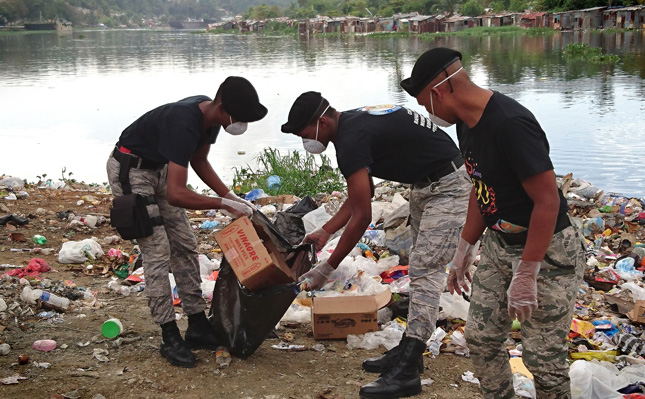
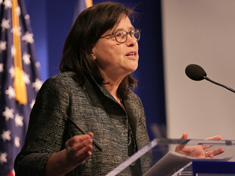 “It’s not about counting how many times a mother interacts with antenatal services or comes to the facility,” says Dr. Mariam Claeson, the director of maternal newborn and child health at the Bill and Melinda Gates Foundation, in this week’s podcast. “But it’s what happens in these encounters that matters.”
“It’s not about counting how many times a mother interacts with antenatal services or comes to the facility,” says Dr. Mariam Claeson, the director of maternal newborn and child health at the Bill and Melinda Gates Foundation, in this week’s podcast. “But it’s what happens in these encounters that matters.”
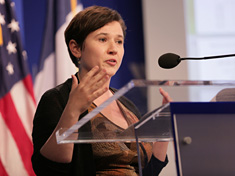 “Zika has made a long-standing public health crisis impossible to ignore,” says Chloë Cooney, director of global advocacy at the Planned Parenthood Federation of America, in this week’s podcast.
“Zika has made a long-standing public health crisis impossible to ignore,” says Chloë Cooney, director of global advocacy at the Planned Parenthood Federation of America, in this week’s podcast.